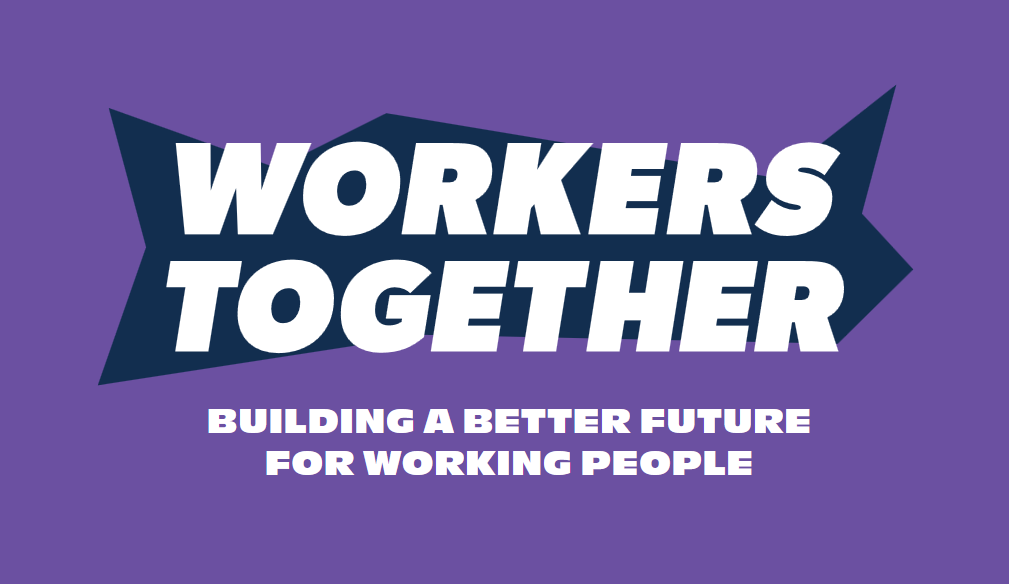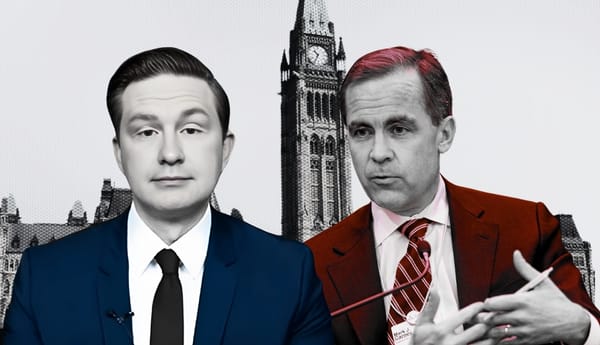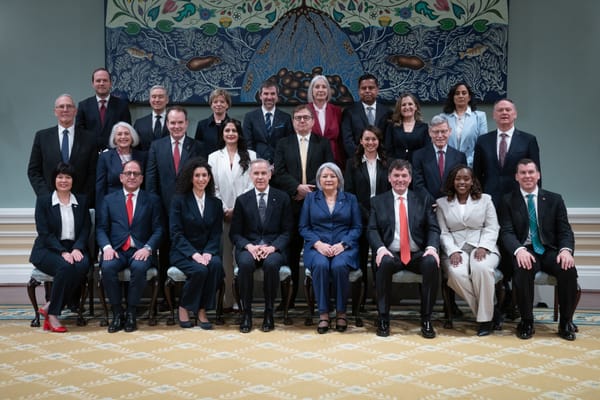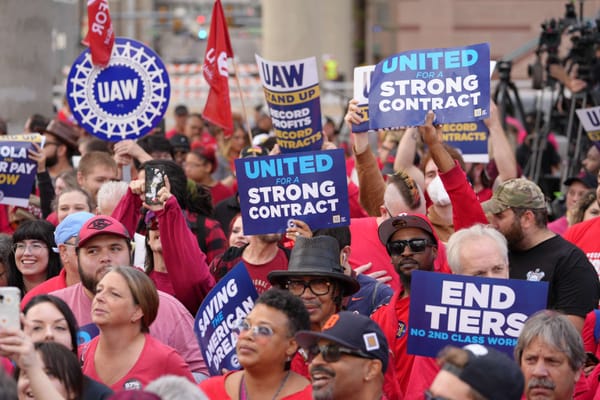
On August 20, a state Superior Court judge in California ruled that Proposition 22, a law which allowed technology companies such as Uber and Lyft to continue to classify their drivers as “independent contractors,” is “unconstitutional” and “unenforceable.”
This ruling reopens the issue at the heart of gig economy work: the employment status of gig workers.
Employment status would grant these workers access to various legal protections, such as the minimum wage, overtime pay and other working hours regulations, as well as unemployment insurance and workers’ compensation coverage — all of which are denied to independent contractors.
The current ruling by no means ensures Proposition 22’s repeal. Nevertheless, the California Superior Court’s decision is a first step in the direction of advancing gig worker rights.
The fight over “Prop 22” — which was a state ballot initiative in California during the 2020 United States presidential election — received much news coverage at the time, particularly in the left media sphere. However, it’s worth briefly revisiting the history and details.
The origins of this battle over gig economy work in California go back to 2018 and the Dynamex case. Drivers at Dynamex — a same-day delivery firm — brought a class action suit against their employer claiming that the latter misclassified them as “independent contractors,” rather than employees.
The state Supreme Court ruled in the drivers’ favour and in the process set out a legal test (the “ABC test”) used to determine employment status. This test limited when an employer can classify a worker as an independent contractor to instances where: the worker is free to perform services without the control or direction of the company; the worker is performing tasks outside the company’s usual activities; and, the worker is engaged in an independently established trade, occupation, or business.
The state legislature then passed Assembly Bill 5 (AB5) in September 2019. It went into effect in January 2020, making the ABC test applicable to all employers in California.
It was clear that gig economy firms couldn’t meet the legal threshold for “independent contracting” outlined in AB5, and that, according to the ABC test, their drivers and other platform workers would now be classified as “employees.”
The propaganda war, led principally by Uber, kicked into high-gear almost immediately. Uber and Lyft threatened to shut down services in California, and formed an alliance with other tech companies to push for the repeal of AB5. This was ultimately accomplished through a ballot initiative campaign, a process in California wherein voters decide directly in referenda on particular issues.
The tech companies “Yes on 22” campaign turned out to be the most expensive ballot initiative in California history, costing the gig firms more than $220 million. The coalition in opposition to Prop 22 — involving unions, gig worker organizations and civil society groups — spent only a fraction of this and simply couldn’t counter the companies’ aggressive messaging, which involved framing Prop 22 as ‘protecting’ gig workers by offering them ‘flexibility’ and mobilizing social justice language, as well as organizations such as the California NAACP, to convince voters that app-based work provided opportunities to women, racialized people and others marginalized in the labour market.
Later news coverage indicated that many who voted in support of Prop 22 thought they were “helping” gig workers.
In addition to the messaging directed at the public, Uber engaged in an effort reminiscent of a union-busting campaign to convince its drivers to support Prop 22. Drivers were bombarded with “Yes on 22” messaging, for a time even having to indicate support for the ballot initiative when logging in to use Uber’s app for work.
The objective of Prop 22 was to not only exempt gig workers from employment law protections but also to create a set of marginal benefits that would stave off worker discontent. Importantly, these sub-employment benefits were intended to be below those afforded by minimum employment standards. Creating sub-employment legal categories that grant app-based workers rights and benefits below those of traditional employment seems to be the tech giants’ strategy in multiple jurisdictions.
On election night, Prop 22 passed with 58.6 per cent of the vote, exempting app-based workers from AB5 and continuing their (mis)classification as “independent contractors.”
In response to Prop 22, the Service Employees International Union (SEIU) and the California Labor Federation, on behalf of several drivers, brought a lawsuit against the tech giants, seeking to challenge the constitutionality of the ballot initiative. Combined with persistent organizing among drivers and their labour movement supporters, these efforts have now been successful with the California Superior Court judge finding that Prop 22 is unconstitutional and unenforceable in two interrelated regards.
The first has to do with the way Prop 22 infringes on the power of the California legislature, particularly the way the law prevents it from extending workers’ compensation benefits to drivers and other app-based workers. Infamously, the tech companies sought to bulletproof their law by requiring a seven-eighths majority on any future legislative vote to overturn or amend Prop 22. Leftists have differing opinions when it comes to ballot initiatives and referendums, but there’s no question that Prop 22 was an incredible circumvention of democracy.
Additionally, the legislative limitations make amending the constitutional issues with the law (detailed below) impossible — and thus render Prop 22 unenforceable.
The second reason is more complex. Through Prop 22, gig economy firms aimed to prevent workers from gaining employment status under AB5. Again, employment status — under AB5 — was about to entitle gig workers to the minimum wage, overtime regulations, workers’ compensation and unemployment insurance benefits, and other minimum labour standards protections in California.
As I pointed out after Prop 22 succeeded, AB5 didn’t grant gig workers the right to form unions because it’s the federal National Labor Relations Act that determines this, not the states. Thinking that AB5 granted gig workers collective bargaining rights was a common mistake of many commentators on the left at the time.
Essentially, ‘employment status’ can be different when it comes to labour standards and unionization. This is the result of the historic separation between employment law, which governs minimum standards for non-union employees, and labour law, which governs access to unionization and collective bargaining. In other words, one can be an employee for the purposes of accessing minimum wage and hours laws while not being an employee for the purposes of forming a union, and vice versa.
Matt Bruenig wrote a helpful explainer on this recently after there was much confusion online over how the Protecting the Right to Organize (PRO) Act was supposedly going to hurt freelancers by classifying them as “employees.” The short of it is that the PRO Act — a piece of labour law reform legislation which has passed in the U.S. House of Representatives but will not clear the filibuster in the Senate — considers a bunch of workers employees for the purposes of forming unions, but not for any other reason.
Prop 22 — ambitious measure that it was — also sought to prevent gig workers from forming unions and bargaining with their now legally-mandated “employers.” This is where the judge determined that Prop 22 overreached.
Ballot initiatives must be limited to a single subject. By trying to keep workers classified as independent contractors to prevent them from accessing minimum employment standards and forming unions, Prop 22 touched two separate legal areas. In this sense, the hubris of the tech giants could ultimately be their own undoing.
Uber and other companies plan to appeal the decision, which if successful, could then see the case reach the California Supreme Court. So far, the state Supreme Court has declined to hear challenges, claiming that cases need to first be brought to lower courts.
Courts are frequently reluctant to overturn ballot initiatives, as the latter are understood — if somewhat incorrectly — as expressions of direct democracy. Indeed, this seems to be the line of argument the coalition of tech companies will pursue: ‘The voters decided.’
Drivers therefore still face an uphill battle. Should tech company appeals prove successful, the only other alternative to repeal Prop 22 will be another ballot initiative led by labour.
We shouldn’t expect Uber, Lyft and the other tech giants to go quietly into the night. Gig companies’ entire business model is based on skirting employment laws and other regulations. In fact, these firms are likely not viable if they have to recognize their workers as employees.
This is why the explicit plan of Uber was to extend and replay the basic outline of the Prop 22 campaign in other jurisdictions where the company operates. We’ve seen a version of this in Ontario, with Uber’s bogus Flexible Work+ plan, and more recently with the Ontario Workforce Recovery Advisory Committee and its mandate to update and reform labour and employment laws, partly at the behest of tech companies.
The fight against the precariousness of app-based work is far from over. But this recent legal decision in California is an important advance in that battle.







